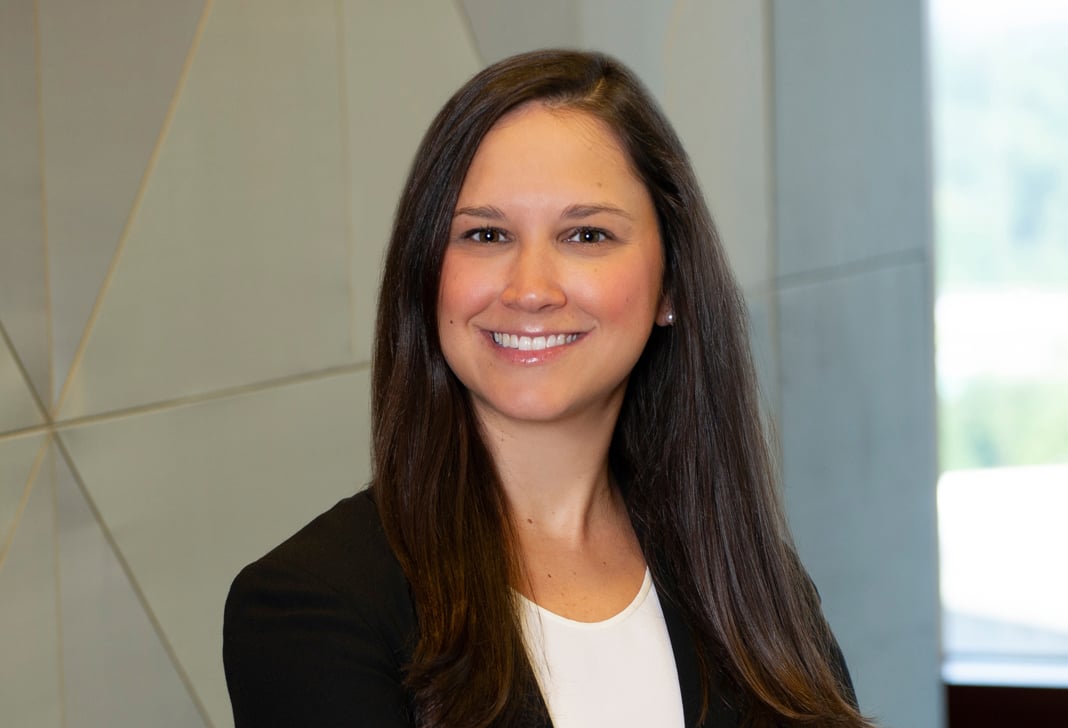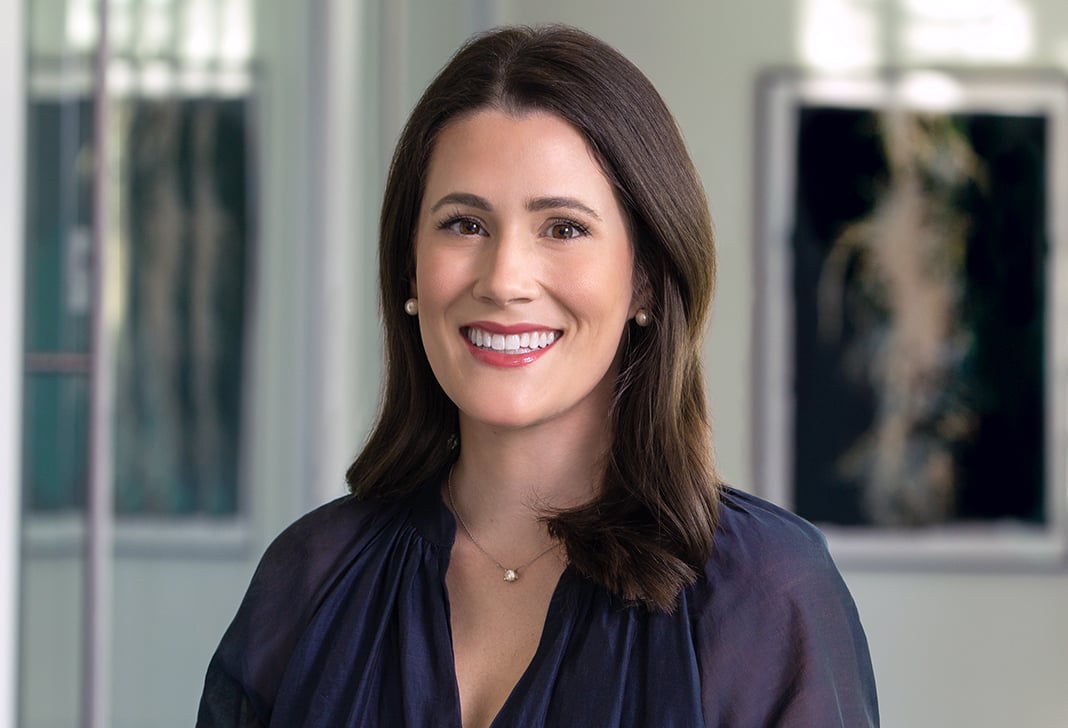
SEC Signals It Will Abandon Defense of Climate Disclosure Rule
In Short
The Situation: Acting Securities and Exchange Commission ("SEC" or the "Commission") Chairman Mark Uyeda directed SEC staff to request that the Eighth Circuit Court of Appeals not schedule an oral argument in the pending litigation surrounding the SEC's rule titled "The Enhancement and Standardization of Climate-Related Disclosures for Investors" (the "Climate Change Rule" or the "Rule"). The SEC subsequently filed a letter with the court to that end and requested time for the SEC to determine next steps in light of the change in presidential administration and other factors.
The Result: The announcement signals the intent of the SEC's new leadership to abandon its defense of the Rule. The Eighth Circuit will likely grant the SEC's request and allow the SEC to determine its next steps as it relates to the litigation surrounding the Rule.
Looking Ahead: This announcement, coupled with the recent rescission of Staff Accounting Bulletin 121 and change in stance toward the cryptocurrency industry, reflects a shift by the SEC toward a focus on its statutory mandate—to protect investors—rather than recent efforts that, according to Commissioner Peirce, were geared toward "facilitating the disclosure of information not clearly related to financial returns." While it is unclear whether the Commission will opt to significantly revise the Rule or desert it altogether, in any event, we can expect a drastic alteration of the climate-related disclosures issuers would have been required to report had the Rule gone into effect.
On February 11, 2025, Acting SEC Chairman Mark Uyeda announced the first step toward abandoning the hotly debated Climate Change Rule the Commission adopted in March 2024 under former SEC Chairman Gary Gensler. The Rule required public companies to make detailed climate-related disclosures in registration statements and annual reports that included, among other things, greenhouse gas emissions and climate-related risks and their financial impacts on an issuer's business.
Upon adoption, the Rule was immediately challenged by industry groups, states, and individual companies in federal courts throughout the United States, resulting in the Commission staying implementation of the Rule pending the outcome of litigation. Parties challenging the Commission's adoption of the Rule primarily argue that the SEC did not have authority to mandate climate-related disclosures without an explicit Congressional mandate. Challengers also contend the Rule is unnecessary, burdensome, immaterial to investors' decisions, and potentially violates companies' First Amendment rights.
Ultimately, the lawsuits challenging the Rule were consolidated in the Eighth Circuit, where the SEC was defending its authority to promulgate the Rule as well as the Rule's legality, alongside multiple states that intervened to defend the Rule. Defenders of the Rule point to the SEC's express statutory authority to mandate disclosures it deems necessary or appropriate, in the public interest or for the protection of investors. They further point to the rigorous notice and comment process, extensive cost benefit analysis, and satisfaction of the First Amendment's standards for commercial speech, the type of speech implicated in the Rule.
Acting Chairman Uyeda's announcement indicates the intent of the SEC's new leadership to abandon its defense of the Rule. Acting Chairman Uyeda referenced both his and Commissioner Hester Peirce's opposition to the Rule during the rulemaking process and expressed his belief that the Rule exceeded the Commission's authority. Calling the Rule "deeply flawed" and capable of "inflict[ing] significant harm on the capital markets and our economy," Acting Chairman Uyeda directed the Commission staff to request that the Eighth Circuit refrain from scheduling oral argument while the agency makes "determination[s] about its positions in the litigation" and to notify the court of his views, the recent change in composition of the Commission, and the recent Presidential Memorandum regarding a regulatory freeze. Complying with Acting Chairman Uyeda's directive, the Commission filed a letter requesting that the court not take any action to schedule oral argument until the Commission files a status report within 45 days.
As forecasted in January, the re-election of President Trump, along with the telegraphed departure of former Chairman Gensler and nomination of Paul Atkins by President Trump to serve as chairman of the SEC, signaled a rollback of regulatory and enforcement initiatives promulgated during the Biden administration.
While Acting Chairman Uyeda's announcement does not immediately invalidate the Rule or end the current litigation, it signals the likely end of the Commission's defense and implementation of the Rule. This move toward unwinding the Climate Change Rule comes as the SEC takes significant steps back from its actions against crypto industry participants, and as the Division of Corporate Finance announces Staff Legal Bulletin 14M—strengthening issuers' ability to exclude shareholder proposals not sufficiently related to the company's particular business. These actions signal that the Commission is focusing on its mandate of investor protection.
If the SEC ultimately abandons the Rule, it is possible that the states that intervened to defend the Rule may seek to take up the defense of the SEC's authority to promulgate the Rule, and the Eighth Circuit may allow the litigation to proceed. If the case proceeds to judgment, then the Eighth Circuit could hold that the SEC lacks authority to mandate climate-related disclosures, a ruling that would bind future administrations.
Three Key Takeaways
- While Acting Chairman Uyeda's announcement was anticipated, it marks the beginning of the likely abandonment of a highly controversial SEC disclosure rule.
- This action does not eliminate issuers' traditional SEC reporting obligations, which still require disclosure of material information and risks, trends, and uncertainties, which could relate to climate-related issues.
- This action demonstrates the willingness of the SEC's new leadership to rapidly revisit the Commission's rules and policies.







